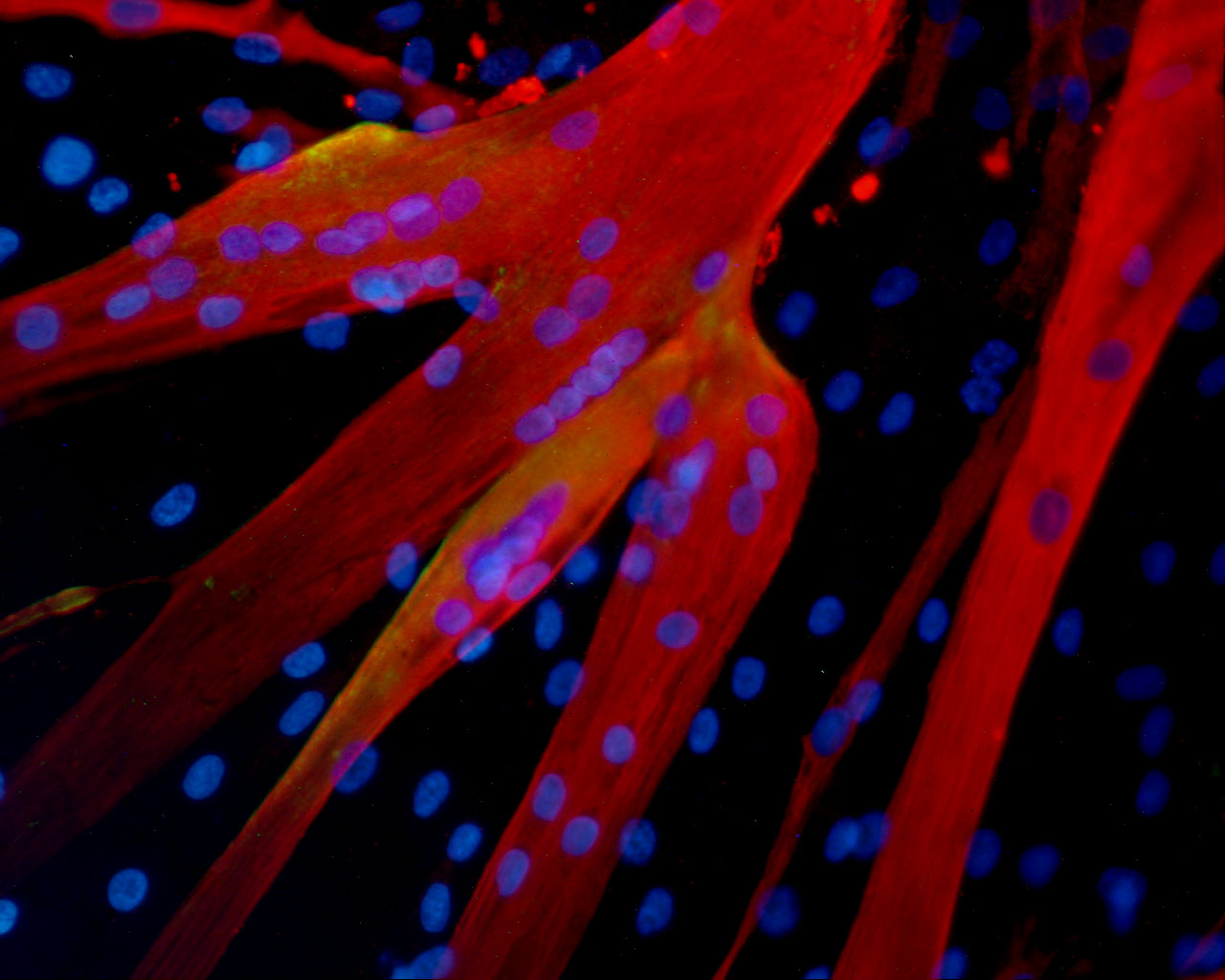


In this consensus Statement the InterAcademy Partnership (IAP) seeks to raise awareness of two main priorities:
The focus of this IAP Statement is on unmet medical needs: stem cells are described as a case study with many of our conclusions relevant more broadly for regenerative medicine. Although stem cell therapy is well-established in only a limited number of clinical indications, there is active research and development in many more. However, enthusiasm about the clinical potential has led to a disconnect between expectations and the realities of translating advances in technology into clinical practice. In many countries, there are two main problems.
First, unscrupulous private clinics offer unregulated therapies promising much, but using poorly characterised products with little scientific basis or evidence for efficacy, with safety concerns unresolved. Second, premature regulatory authority approval and commercialisation based on some, but insufficient, scientific rationale and clinical evidence. Accelerated access is a vital tool for patient benefit but researchers must not cut corners.
In order to strengthen the frameworks for research and innovation and patient protection, IAP has identified priority actions for: engaging with patients, the public and policy makers; ethical assessment; pre-clinical and clinical research procedures; regulatory authorisation and options for facilitating access to new medicines; and noted the particular relevance of these actions also in the response to COVID-19.
IAP concludes that:
Download the full statement here and read the commentary Inclusivity and diversity: Integrating international perspectives on stem cell challenges and potential.